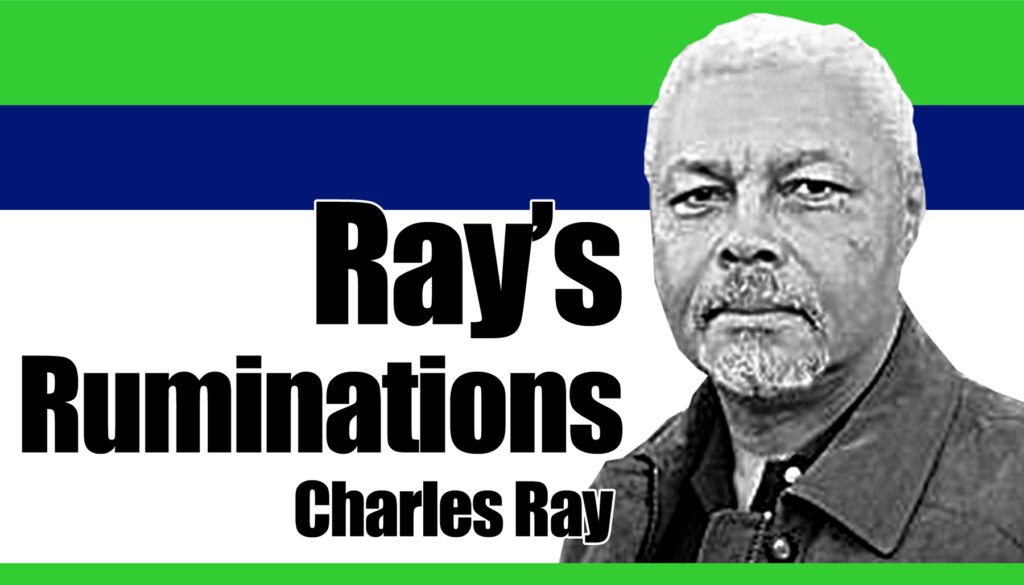
At its core, empathy is the ability to walk in someone else’s shoes, to sense, understand, and share their inner feelings as if they were your own. It goes beyond merely acknowledging their suffering; it forces us to internalize the path they walk, to feel their pain, joy, or hardship, and, in an ideal world, act towards them with compassion.
Sympathy, in contrast, remains at a respectful distance. It notices pain and maybe even laments it, but it fails to cross the threshold into genuine connection.
The distinction between the two is glaringly evident in the public reactions of politicians to tragedies like school shootings. After each such senseless act, we are subjected to a flood of their ‘thoughts and prayers,’ modern shorthand for sympathy. While well-meaning on the surface, these gestures never translate into concrete actions, such as passing common-sense gun laws that might prevent future tragedies.
The public outpouring of sympathy, then, becomes a ritual, soothing collective conscience but avoiding the discomfort and responsibility that genuine empathy would require. To feel empathy in these moments would mean not only acknowledging the grief of victims’ families but also feeling compelled to enact meaningful change, even at a personal or political cost. The refusal to do so reveals, among other things, a profound lack of empathy.
The deficit of empathy is not restricted to the political sphere. Consider everyday interactions in public spaces. The hurried commuter who breezes past a homeless person with eyes averted; the bystander, who witnesses bullying or harassment and chooses silence over intervention; or the customer who explodes in rage at a service worker over a trivial inconvenience. Each of these is a symptom of the empathy tank running dry, a world grown weary, or perhaps willfully indifferent to the suffering of others.
On a larger scale, we see this apathy (the opposite of empathy) in the global response to crises, be it climate change, the plight of migrants and refugees, or widening economic inequality. There is a strange numbness, a collective shrug, as if the problems are too vast for any one person to matter. We see suffering on our TV or computer screens, bombarded by a relentless scroll of disasters, each diluting the impact of the last. Overexposure breeds desensitization, emotional exhaustion gives way to self-protection, and empathy is slowly leached from the communal well.
Why has it come to this? The reasons are as complex as they are troubling. In a hyperconnected world, we are paradoxically more isolated than ever. Our interactions are increasingly mediated by soulless technology. Social media allows for the performance of caring, a quick ‘like’ or a sad face emoji, without the messy complications of real engagement. The pace of modern life leaves little room for reflection, much less for truly listening to another person’s story.
Economic pressures and the relentless pursuit of productivity often force us to prioritize our own needs over those of our neighbors. And, perhaps worse, we are conditioned by a culture that prizes individualism and self-reliance, subtly teaching us that empathy is a luxury we cannot afford. Recently, a very wealthy man said on a widely distributed broadcast that ‘the fundamental weakness of Western civilization is empathy,’ a sentiment shared by many who identify as ultra-conservative.
With people who think like that, I part company. It is precisely in times like the ones we’re living through now that empathy is most needed. Without it, society frays and fractures, and each person is an island drifting further from the shores of shared humanity. The challenge, then, is to resist the temptation to look away—to listen, to feel, and to act—even when it’s inconvenient or uncomfortable. Only by reclaiming empathy can we hope ever to mend what has been broken. | NWI



